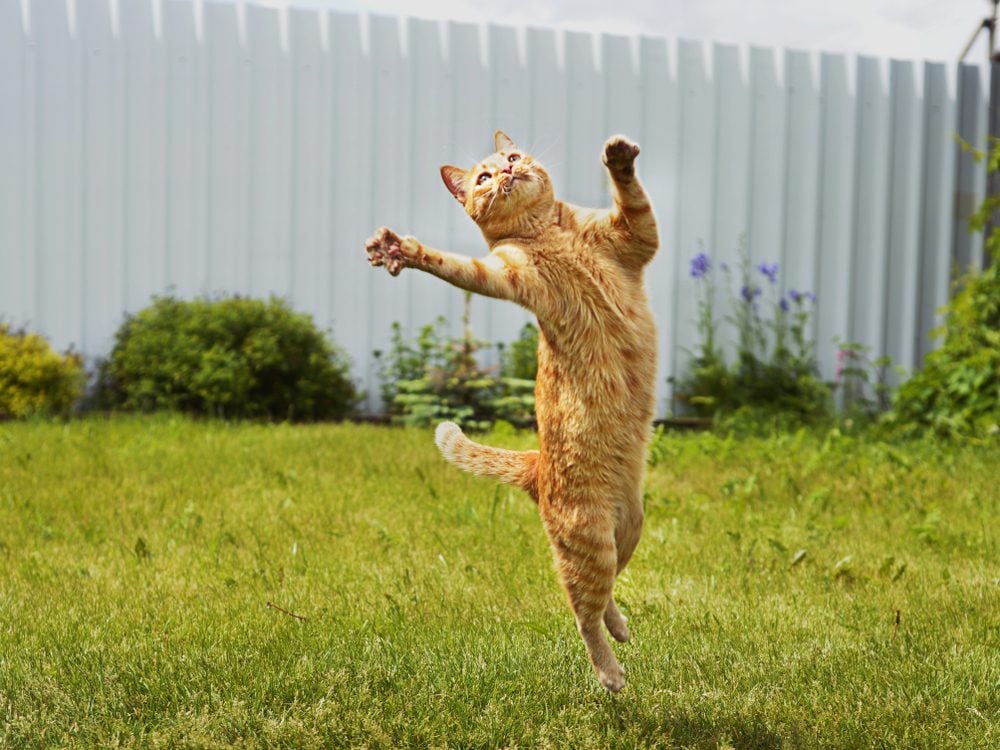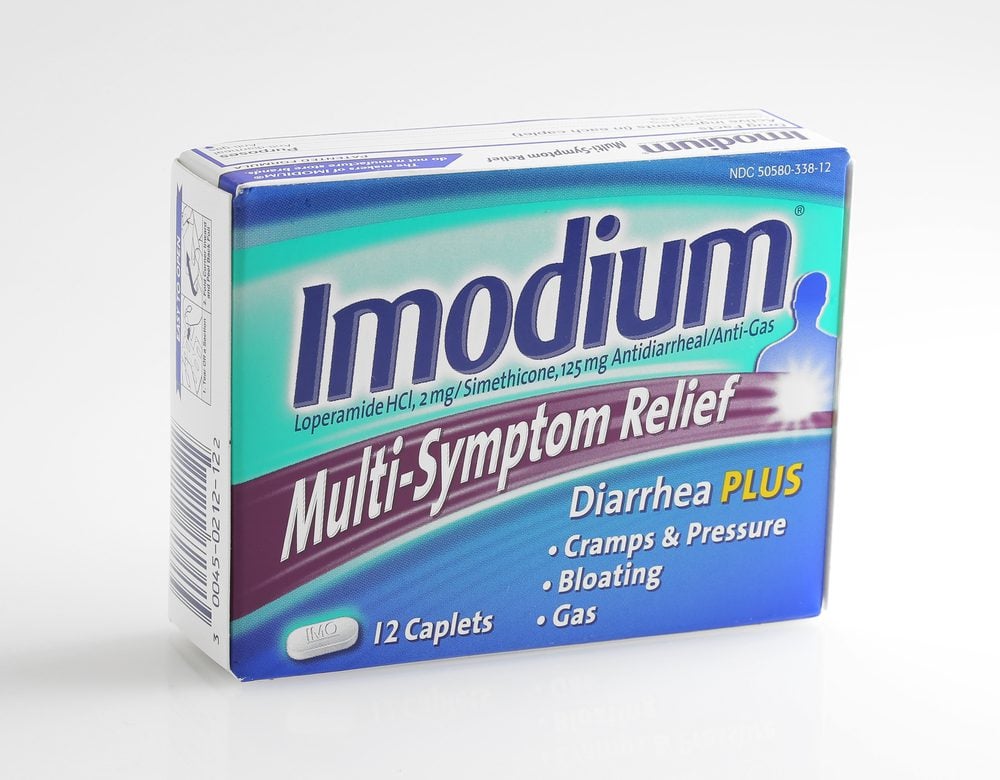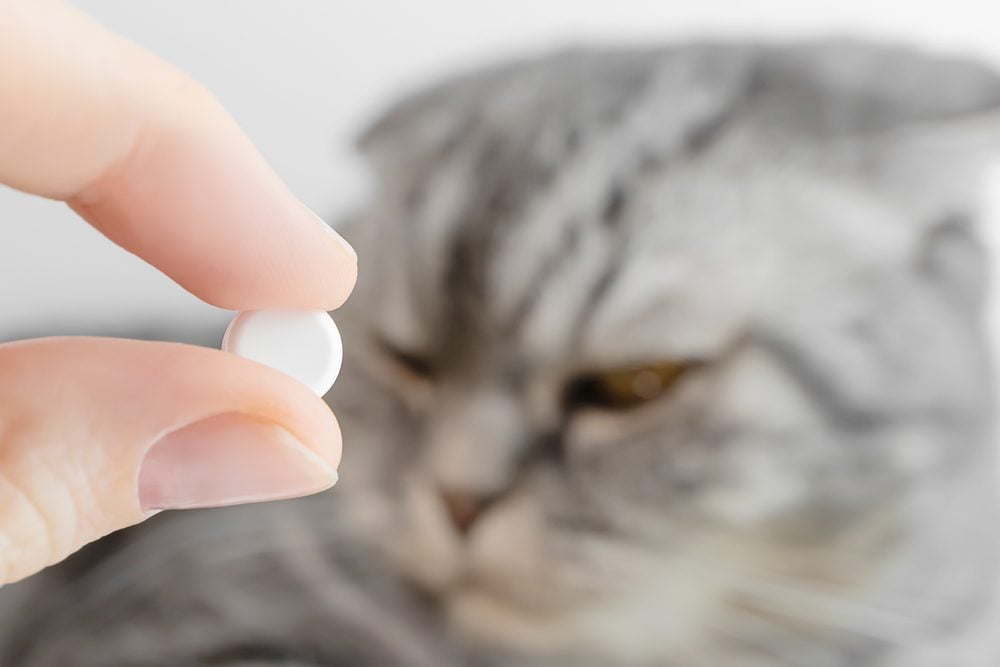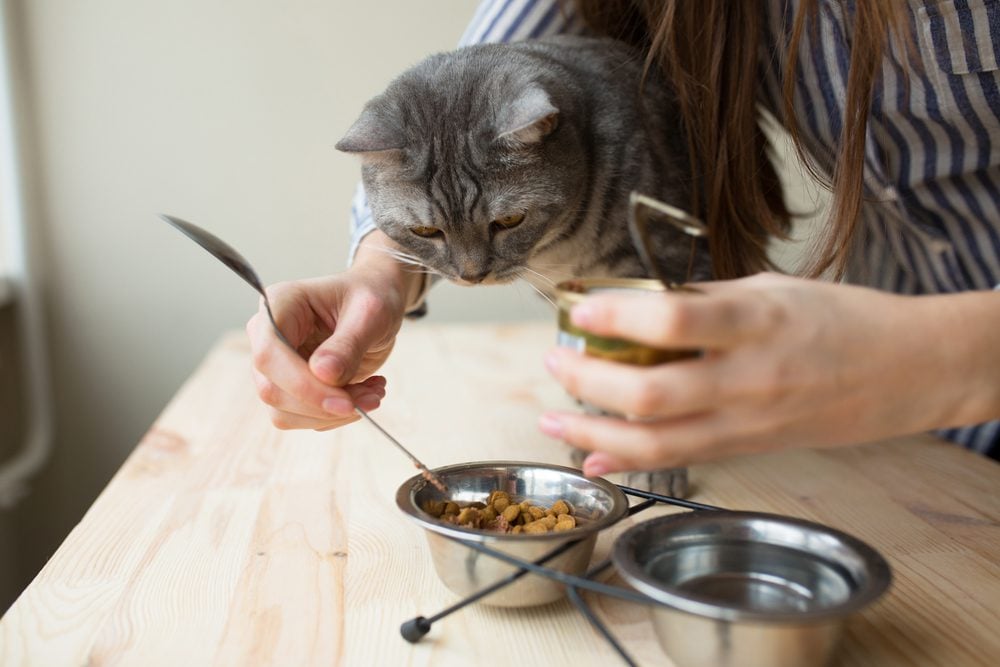Imodium for Cats: The Complete Guide on Benefits, Risks, and Considerations

Table of Contents
Is it Safe to Give Imodium to Cats?

Yes, Imodium for cats is safe. However, there are some cautions and considerations. For example, you should know that the use of Imodium in veterinary medicine is off-label, and talking to your trusted veterinarian is a must before starting the pet on this anti-diarrhea medication.
Also, Imodium must not be used in cats with MDR1 gene mutation. This mutation is affecting the P-glycoprotein synthesis and causes a so-called multidrug sensitivity. Loperamide is one of the drugs cats with the MDR1 gene mutation are sensitive to.
In terms of pharmacology, Imodium (active ingredient: Loperamide) is a synthetic piperidine derivative – a weak narcotic with potent antidiarrheal properties. It works by slowing down the bowel movements (and passage of food) and strengthening the muscles in the GI tract.
What is Imodium Used to Treat in Cats?
Imodium for cats is used to treat acute GI tract inflammation manifesting with loose stools or diarrhea. Acute GI tract inflammations can be triggered by:
- Dietary indiscretions
- Sudden diet changes
- Low-quality cat food
- Food intolerance or allergy
- Bacterial infections.
In addition to acute diarrhea treatment, Imodium for cats can be used to manage:
- Inflammatory Bowel Disease (IBD) – requires a multimodal treatment but the effects of Imodium make it a frequent addition to the strategy.
- Maldigestion and malabsorption syndrome- the fact that it slows down bowel movements and passage of food makes the nutrients and water more likely to get absorbed.
However, Imodium must not be used in cats with diarrhea due to toxin ingestion because in such cases, diarrhea is beneficial. Since it is hard to determine the exact diarrhea trigger, talk to your vet before using Imodium.
What are the Side Effects of Imodium for Cats?
The side effects of Imodium for cats are mostly limited to the GI tract and include constipation, stomach bloating, and bloody diarrhea. On rare occasions, Imodium may cause more severe adverse reactions, including:
- Intense depression in cats
- Excitatory behavior
- Pancreatitis
- Toxic megacolon.
We should note that Imodium interacts with the lipase and amylase blood levels – it increases them for up to 24 hours after administration. This is not clinically significant (does not cause issues), but it is good to know in case the vet is running blood tests after you have given your cat Loperamide.
Not all cats and diarrhea cases require Imodium as a treatment option. Here is a short list of the issues and conditions in which cats must not be given Imodium:
- Cats sensitive or allergic to the active ingredient
- Cat breeds carrying the MDR1 genemutation
- Cats with diarrhea due to toxin ingestion or infection
- Cats with explosive, profuse, and watery diarrhea
- Cats with bloody diarrhea (red or dark and tarry stools)
- Severely ill, dehydrated, and debilitated cats
- Cats with additional symptoms (fever, vomiting, depression)
- Cats receiving meds with known drug interactions
- Young kittens, pregnant, lactating, and senior cats.
On the other hand, Imodium can be used but with extra caution in:
- Cats with kidney disease or liver disease
- Cats with severe head injuries
- Cats with hormonal issues (hypothyroidism or Addison’s disease).
Imodium for Cats Dosage

The recommended Imodium for cats dosage is 0.04 mg per pound (0.08 mg/kg) once per day. Because of the small doses, it is best to use the liquid Imodium version (which has 1 milligram of Loperamide per 5 milliliters or 0.2 mg/ml).
Here are the general dosing guidelines when using the oral Imodium suspension:
- Cats weighing less than 7 lbs – 0.5 ml by mouth once a day (for no longer than two days)
- Cats weighing over 7 lbs – 1 ml by mouth once a day (for no longer than two days).
If you accidentally forget to give your cat Imodium either give it as soon as you remember or skip the missed dose entirely and continue with the regular dosing schedule. Either way, it is imperative not to double dose as overdoses are possible. Imodium toxicosis results in heavy sedation and is a potentially life-threatening situation.
How quickly does Imodium for cats work?
Imodium is a fast-acting medication and usually takes between one and two hours to start working. However, depending on the cat’s underlying condition that causes diarrhea, it may take up to a day or two before there is a visible improvement.
Imodium for Cats Usage Guidelines
Imodium is available in three different forms – tablets, capsules, and oral suspension. If using liquid Imodium (which is most convenient) to ensure accurate dosing, we recommend getting a 1 ml syringe (readily accessible in pharmacies). Cats need small Imodium doses, and using other measuring methods can result in an overdose (one tablespoon measures 15 ml).
In cats, Imodium can be given with or without food. Cats with sensitive tummies could benefit from administration with food. If the cat is not prone to digestive issues, you can give the medications on an empty stomach too.
Like all other medications, Imodium can interact with certain drugs by boosting or inhibiting their effects. Here is a list of the medications with known Imodium interactions:
- Antihistamines (diphenhydramine, cetirizine)
- Sedation-inducing medications (diazepam, naloxone)
- Some antibiotics (erythromycin, trimethoprim, sulfamethoxazole)
- Ceratain antifungals (ketoconazole, itraconazole)
- Heart meds (propranolol, quinidine, verapamil, amiodarone, carvedilol)
- Monoamine oxidase inhibitors (selegiline, rasagiline)
- Anti-parasitic medications (amitraz).
As a general rule of thumb, you need to inform the veterinarian if your cat is receiving any dietary supplements, vitamins, or herbal remedies before starting a new treatment.
Alternatives for Imodium for Cats

Imodium for cats works well but is not a universally suited solution. There are several options for managing your cat’s diarrhea and loose stool. Here are some popular Imodium alternatives for cats.
Other anti-diarrheal medication. Dog breeds (Australian Shepherds, Collies) that cannot be treated with Imodium due to gene mutations are prescribed anti-diarrhea meds like Pepto Bismol, Pepcid, Kaopectate, etc. However, not all of these are safe for cats (which is why a vet consult is a must). For example, using Pepto Bismol in cats requires extreme caution, while newer Kaopectate formulas include Aspirin (which is extremely toxic to cats).
Anti-Diarrhea Supplements. There are many different anti-diarrhea supplements formulated specifically for cats (usually contain kaolin, pectin, and fiber sources like pumpkin extracts). Such supplements are much safer options considering they are made primarily for cats.
Bland Diet for Cats. Giving your cat’s GI tract a break and time to heal can be an efficient anti-diarrhea approach. The bland diet (two-thirds of plain boiled white rice and one-third chicken meat) can be used alone or in conjunction with other approaches.
Probiotics for Cats. Probiotics are a simple yet efficient way to manage your cat’s diarrhea. Plus, probiotics boost the immune system and have additional health benefits, meaning you do not have to wait for your cat to develop diarrhea to start supplementing. We recommend the Honest Paws Pre + Probiotic Supplement as it is both safe and effective.
Finally, do not forget to consult with your veterinarian before using Imodium for cats (or trying an Imodium alternative). The vet’s approval is a must even when using OTC medications, and the information in this article is purely educational.

















